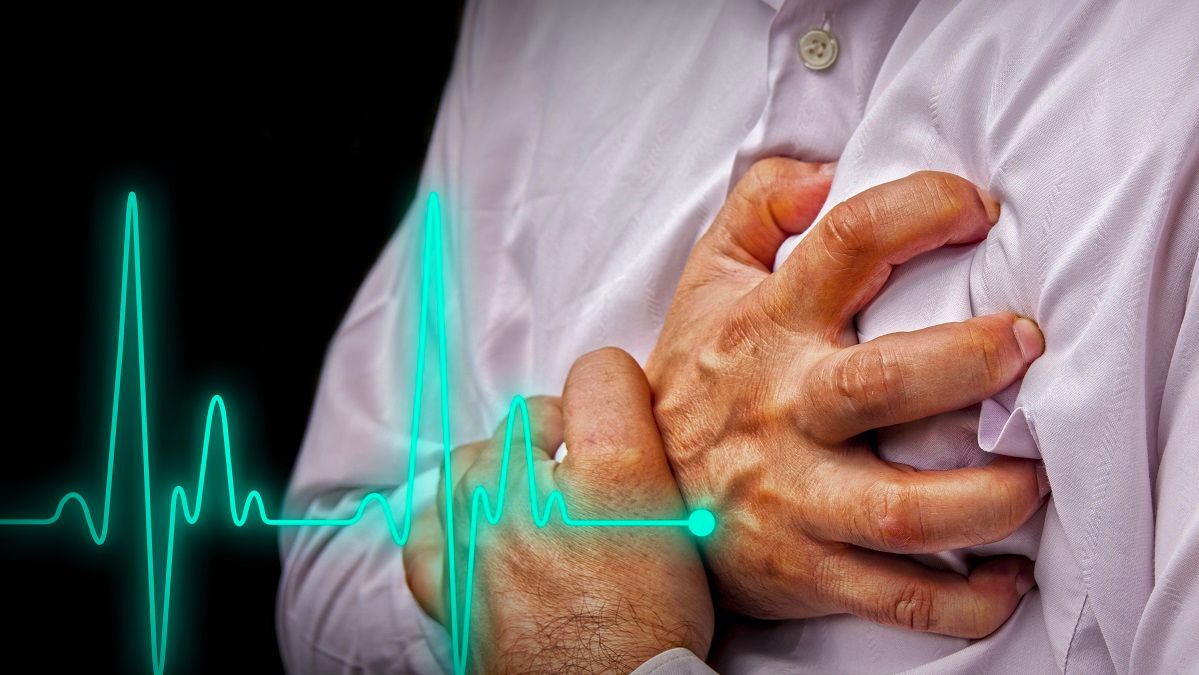A heart-to-heart chat can be a great way to ease a personal burden and gain perspective on a difficult subject. It’s something most of us will undertake with a friend, but should we also have such chats with our GP? More specifically, is it time you had a heart-to-heart about heart attack risks with your GP?
Many of us will readily visit our GP if we have a heavy cold that refuses to go away. A quick chat about symptoms, followed by a script for antibiotics if required and you’ll be on your way.
Yet somehow many are reluctant to bring up potentially more serious topics with the person we are trusting with our health.
Heart attack risk is a case in point, and a very important one, too. Heart attacks are, after all, the most common cause of death in Australia.
Perhaps it’s because the symptoms are often not visible. With a cold or flu, your doctor will see your reddened nose and hear your congested breath.
But without any visible symptoms, some will think they’re worrying about nothing if they raise any concerns. Nobody wants to be seen as a hypochondriac.
In truth, though, doctors would much rather you brought up your concerns than not. Writing in The Australian recently, cardiologist Dr Brett Forge said he couldn’t be happier about people asking about heart attack risk.
“I often get asked this by friends or staff and I’m always delighted,” he said.
“I’ve found, after nearly 50 years’ practice, that I can save more lives by answering this question or by contacting relatives of people at risk than by treating hundreds of patients in my rooms.”
Recently, a friend of mine had a heart attack and died suddenly. He was the same age as me, 58. He struck me as just the sort of person who would have ignored any risk symptoms he may have had. A man of great generosity, he was always far more concerned about the wellbeing of others.
Assessing heart attack risk
Even if your aims are selfless ones, keeping yourself alive and healthy is a pretty important part of achieving them. So it makes sense to know the symptoms of a heart attack, and pay attention to any that present.
The Australian government’s Health Direct website lists the most common symptoms as:
- chest pain – pressure or tightness in your chest that may spread to your jaw, neck or left arm
- suddenly feeling dizzy, faint, light-headed or anxious
- nausea or vomiting
- a feeling of indigestion
- sweating, or a cold sweat
- looking pale
- shortness of breath or difficulty breathing
- palpitations (being aware of your heart beating).
Of course, many of these can be related to less serious conditions, making them easy to ignore. If you have any doubts, a call could save you from serious consequences.
Like all good medical experts, Dr Forge advocates prevention over cure. And he says there is now an effective test that can provide many of the answers about heart attack risk. The test is known a CT calcium score (CTCS) scan. Dr Forge recommends it to all except those at very low risk.
However, despite a recent study showing it to be cost effective, the test is not yet covered by Medicare. Dr Forge still recommends it to those who can afford the cost, roughly $200.
In any case, with the risk assessment tools now available, there’s no reason to shy away from raising the subject of heart attack risk with your GP.
Bringing it up may just save your life.
Also read: Poor sleep a predictor of future heart problems, study finds

